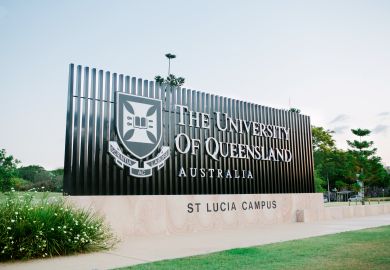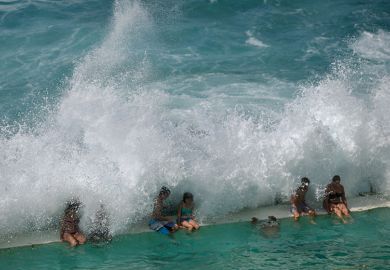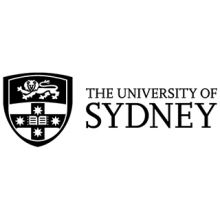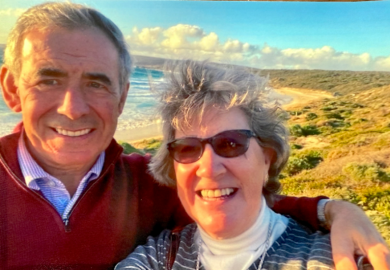Two philanthropists, one of whom suffered from a rare and debilitating autoimmune disease, have entrusted the Australian National University with its biggest ever bequest to cure the condition.
Bruce and Jenny Pryor left ANU A$10 million (£5.7 million) to battle dermatomyositis (DM), a condition that causes chronic muscle inflammation, pain and weakness, and can affect the oesophagus, lungs and heart.
While DM is thought to affect just one in 100,000 people, unlocking its secrets could benefit those with more common conditions, as sufferers are often predisposed to other autoimmune diseases.
“People who they have never met, and will never meet, will benefit from the Pryors’ commitment to making a difference,” said ANU vice-chancellor Brian Schmidt. “Great breakthroughs are founded in great research, and great research is boosted by generous donations like this.”
ANU plans to use the money to recruit a mid-career researcher, research fellow, clinician scientist and postdoctoral staff at its Centre for Personalised Immunology. The bequest will also fund lab mice and high-tech imaging technology to study autoimmune diseases including DM.
The Pryors told the ANU about their intention to donate the money in April 2017. The pair died together in Canberra several months later.
They also bequeathed the University of Sydney’s sport and fitness arm its most generous philanthropic donation ever – more than A$6 million for the university’s hockey club – on top of a A$1 million contribution prior to their deaths. Another A$6 million has been left to Sydney’s Wesley College, which also benefited from Mr Pryor’s generosity during his lifetime.
Family of the Pryors, who were childless, are understood to be amazed at their largesse. “They worked hard their whole lives, living modestly, to generate an amazing legacy,” said nephew James Graham.
“Jenny suffered from DM in her later years and was diagnosed quite late in life. While the disease took its toll, Jenny always remained stoic. But both Jenny and Bruce wanted to make sure other people would not have to suffer like she had.”
Mr Pryor was diagnosed with motor neuron disease several months before his death.
CPI co-director Carola Vinuesa said the bequest “changes everything” for a disease that did not receive much attention because it was so rare.
“It will enable us to build the most comprehensive discovery program for DM in Australia and possibly the world,” she said. “We hope the work this bequest funds will help us understand the causes of DM and discover therapies to improve the life of people with it, if not cure the disease entirely.”
Register to continue
Why register?
- Registration is free and only takes a moment
- Once registered, you can read 3 articles a month
- Sign up for our newsletter
Subscribe
Or subscribe for unlimited access to:
- Unlimited access to news, views, insights & reviews
- Digital editions
- Digital access to THE’s university and college rankings analysis
Already registered or a current subscriber?












